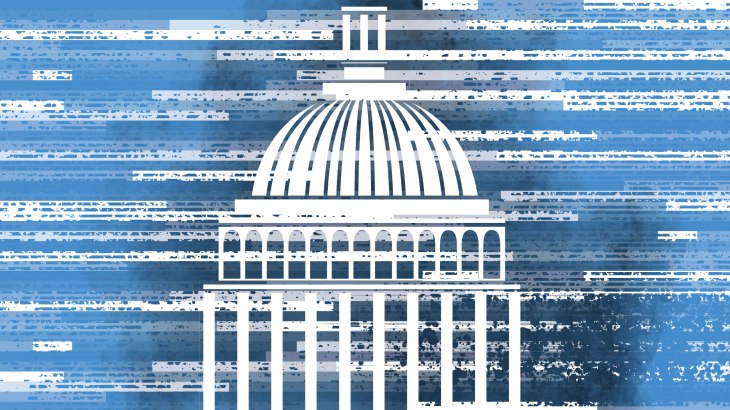Kerby Anderson
A year ago, the FCC commissioners implemented the “Restoring Internet Freedom Order.” At the time, critics were making apocalyptic predictions that this attempt to roll back net neutrality rules would destroy the Internet. That’s why it is worth taking a moment to see the effect of this FCC action.
At the time, I suggested that these dire predictions didn’t make any sense. After all, the net neutrality rules were only implemented near the end of the Obama administration. The Internet survived more than two decades without these rules. How could you logically argue that removing these two-year-old rules would destroy the Internet? And I also suggested that if there was a problem, the FCC or even the FTC could step in at some point in the future to fix the problem.
Tom Giovanetti at the Institute for Policy Innovation makes a convincing case that the “The Sky Didn’t Fall.” Progressive activists, he explains, were demanding that government would implement broadband regulation. The Obama administration decided to apply to Internet providers various regulations that were written in the 1930s for the analog telephone monopoly.
Experts at the time warned that these regulations were unnecessary and would most likely have a harmful impact on broadband investment. And that is what happened. Broadband investment dropped significantly in the two years after the Obama administration implemented these regulations.
Once the FCC removed the regulations, broadband investment grew by $3 billion in 2018. Tom Giovanetti adds that, “Broadband investment matters because broadband companies are among the biggest investors in our economy.”
If you look at the numbers, you can see that the sky didn’t fall. Instead, removing the regulations stimulated broadband investment.
 Listen Online
Listen Online Watch Online
Watch Online Find a Station in Your Area
Find a Station in Your Area











 Listen Now
Listen Now Watch Online
Watch Online
